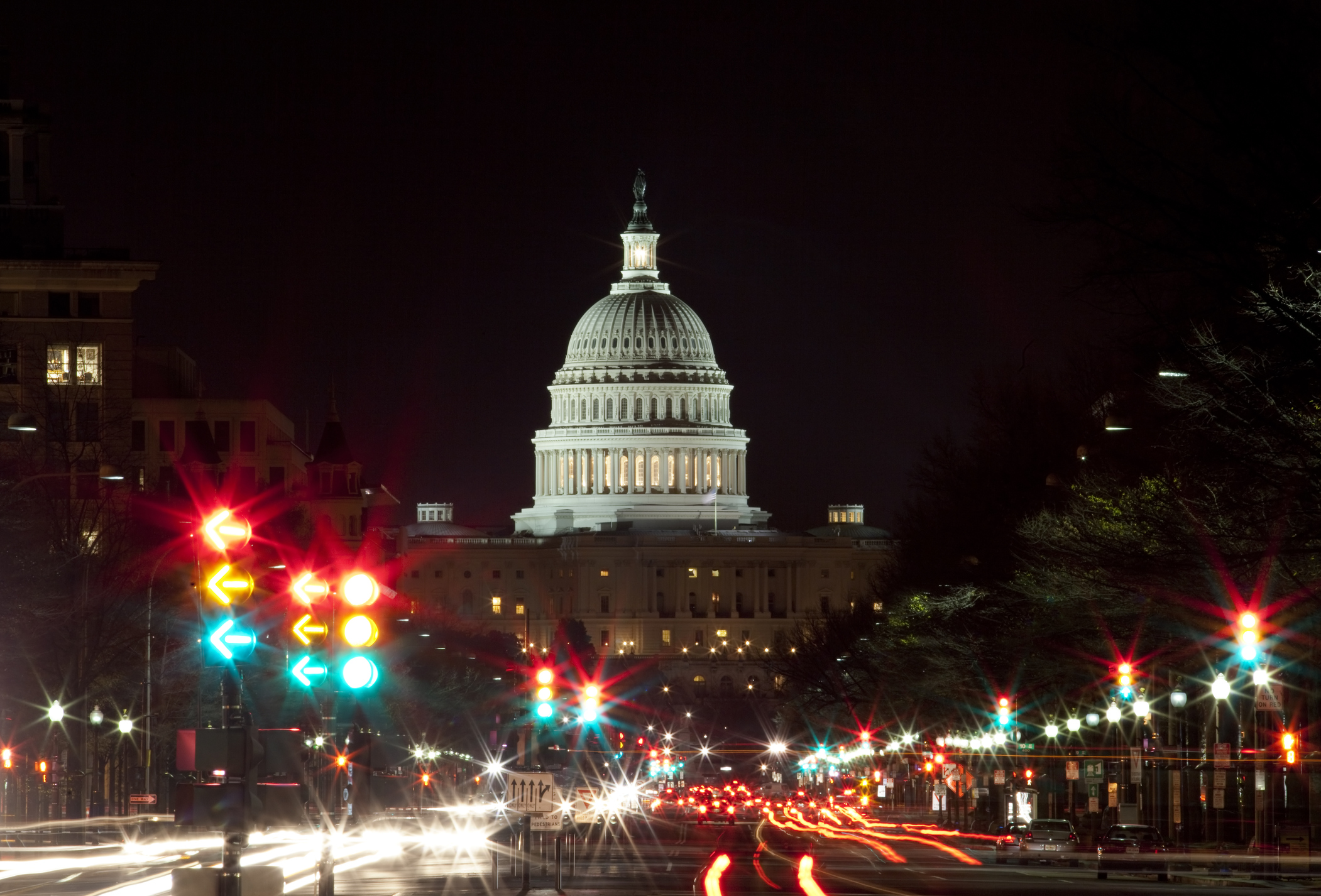By Michael Golden and Emmet Bondurant
Buried in the vortex of voices shouting at each other during this week’s South Carolina debate were two consecutive answers in which Elizabeth Warren and Pete Buttigieg both announced support for a simple rule change that would be a game-changer for the American people: Finally putting an end to the filibuster.
For several years we’ve been making the legal argument that the cloture rules of the Senate, who now require 60 votes instead of a simple majority to advance legislation, are unconstitutional. Neither lawmaking nor executive branch appointments were included by the Framers in the five scenarios they laid out requiring supermajorities.
The delay tactic of filibustering was actually an accident of history that came about in 1807. Later on, the Senate simply invented the 60-vote rule so that windy grandstanders couldn’t just prattle on forever.
But the legality of the rules wasn’t the basis for the debate-stage pronouncements by the Massachusetts senator and the former mayor of South Bend, Ind. The passion the two Democratic presidential candidates have for ending filibusters rests on the fact that they have been used in recent decades to block all kinds of things that overwhelming majorities of Americans support — and often majorities in both chambers of Congress.
We fervently agree, and to a significant extent, so have the Senate leaders in both parties over the last decade when it comes to cabinet and judicial appointments.
In 2013, Democratic Majority Leader Harry Reid exercised what’s become known as the “nuclear option” — eliminating the 60-vote hurdle for confirming executive branch nominees and all federal judges except the most powerful nine.
At the time, Republican Minority Leader Mitch McConnell seethed about the rule change. But after the GOP gained the majority in 2017, he went nuclear himself to get the filibuster ended for Supreme Court nominees as well. Justices Neil Gorsuch and Brett Kavanaugh are the result.
Passing legislation, the most important task assigned to Congress, is all that remains captive to the filibuster. After his changing of the rules, and in a staggering display of hypocrisy, McConnell stated, “The legislative filibuster is central to the nature of the Senate. It always has been and must always be the distinctive quality of this institution.”
The centuries-old label for the Senate of “world’s greatest deliberative body” has literally become a punchline. This cruel joke played out most recently when senators refused to allow witness testimony in President Trump’s impeachment trial.
And you want to see legislation pass with the potential to improve your life — or even if you only want to see an idea put to an up-or-down vote — that cruel joke has more serious consequences.
The Senate’s pompous sense of self-importance and reverence for the filibuster’s history only serve as impediments to progress. Buttigieg got specific about this in the most local fashion during the debate, reminding South Carolinians that their legendary segregationist senator, the late Strom Thurmond, “used the filibuster to block civil rights legislation repeatedly. … It has got to go, otherwise Washington will not deliver.”
Those who disagree often reference the apocryphal story of George Washington describing the Senate as a “cooling saucer” for the heated pace of bills passing through the majority-rule House. They warn about the danger of sudden moves in Congress. Conservative author David French made the case that, “at the very least, it’s a recipe for increasing bitterness, division, and instability in public policy.”
But we already have a record level of bitterness and division. Meanwhile, big bills with broad support are never put to a final vote. It’s been a decade, for example, since an expansive immigration reform called the Dream Act reached its high water mark, dying even though 59 senators voted to break the filibuster, and an expansive campaign finance crackdown suffered the same fate with 57 senators on board.
What the filibuster effectively does is allow a minority of senators, from states with as little as 11 percent of the national population, to effectively veto bills supported by the senators representing 89 percent of Americans.
The irony is that Republicans who gasp at the thought of killing the filibuster, for fear of its long-term effects, have already made possible majority votes on the judges who may wield power for life. Legislation can be corrected by amendment or repealed through the ordinary course of Congress. The same process does not apply to judges.
Interestingly, not only does Reid not regret his decision to make the first weakening of the filibuster, in retirement he supports its outright extinction. Reid has said it is going to happen, it is only a question of when.
A former GOP Senate leader, too, has seemed to see the light in retirement. In 1993 and 1994, Bob Dole set a record for using the filibuster and cloture — more times than it had been used in all the years between 1917 and 1970. But on his 90th birthday, Dole announced, “There are things that should be stopped, but at least there ought to be a vote. It can’t continue, this constant holding up of bills.” Ah, the wisdom of experience.
In the debate, Buttigieg and Warren stated their unequivocal support for getting rid of the filibuster. But other senators have also stated openness to making the only nuclear move left — including the other two in the presidential race, Bernie Sanders and Amy Klobuchar.
When you stop and think about our country’s birth, and the rules the Founders outlined for our representatives to operate under, this question becomes far less confounding. What great harm would befall the Republic, what great democratic values would be lost if the Senate were to become, for the first time in over 200 years, a majoritarian body governed by the democratic principle of majority rule as the Framers of the Constitution intended?
If the Democrats win this November, they might answer that question once and for all.


